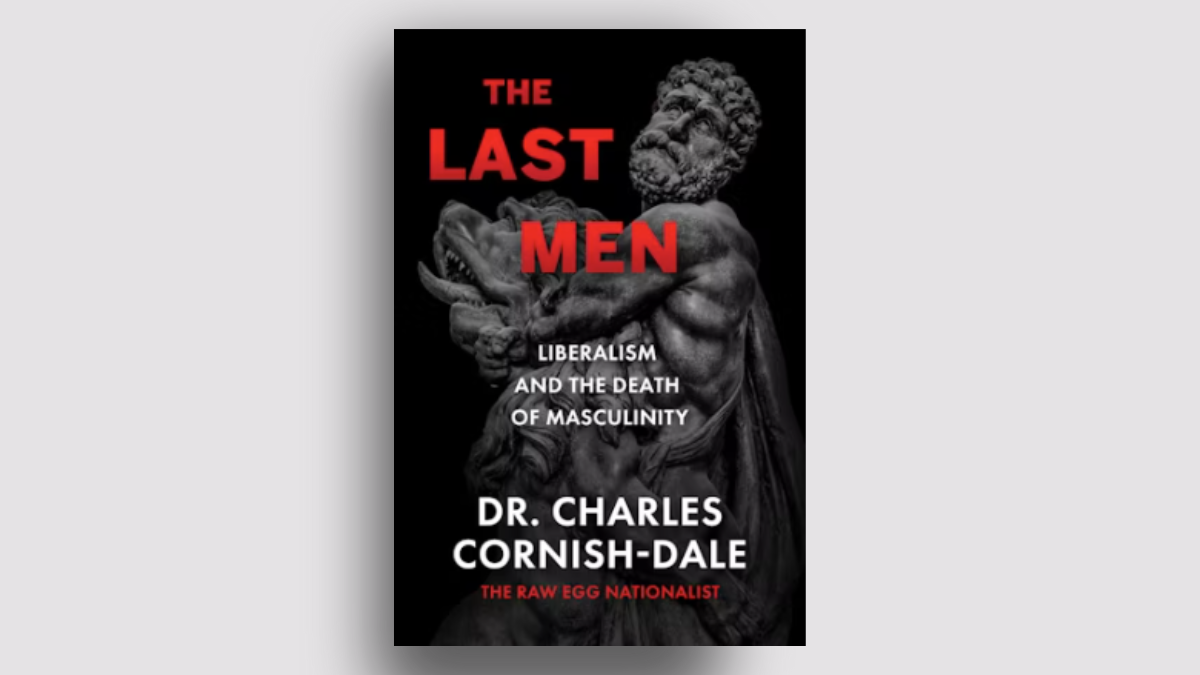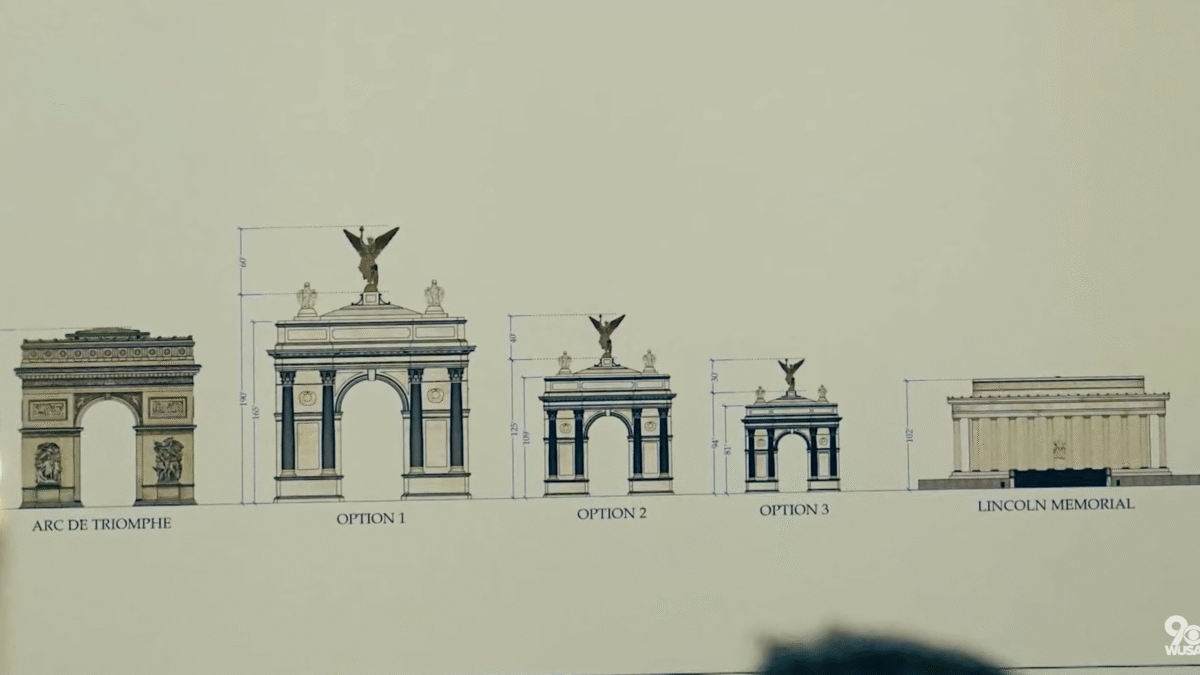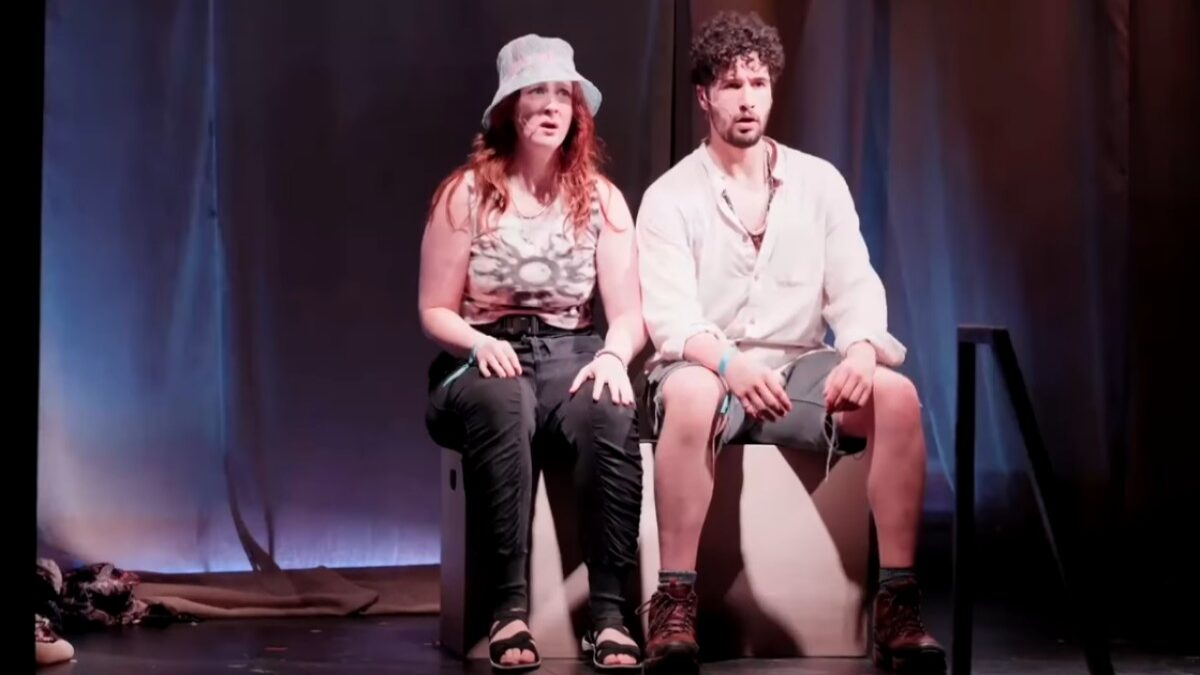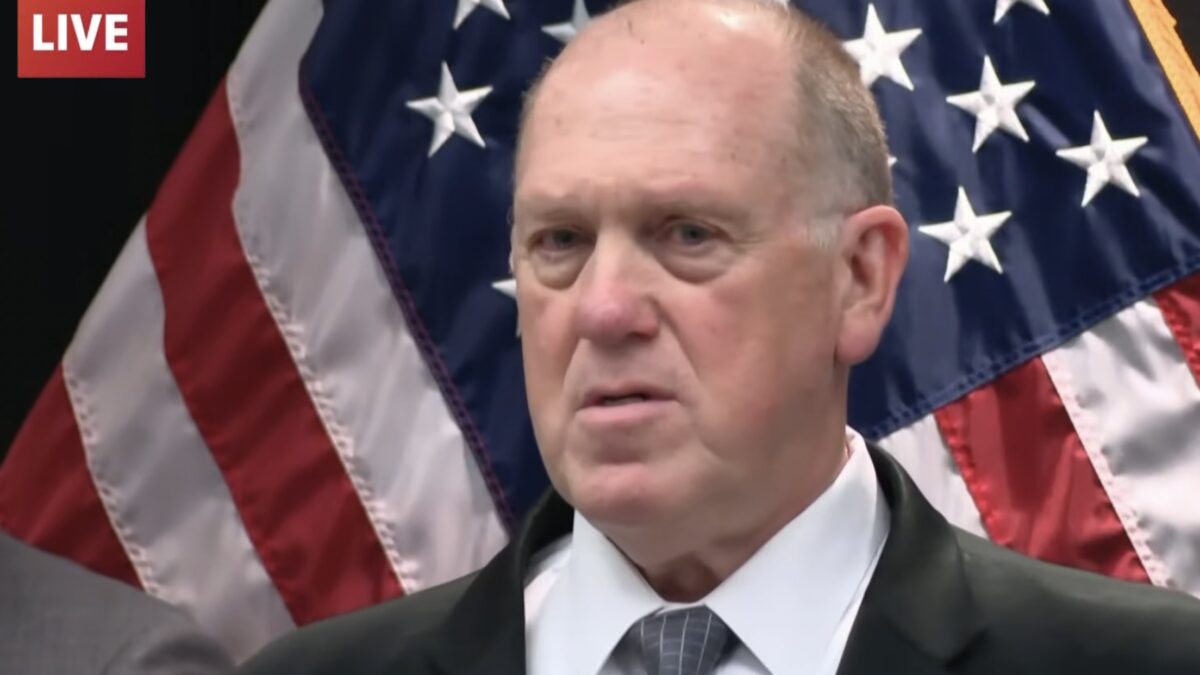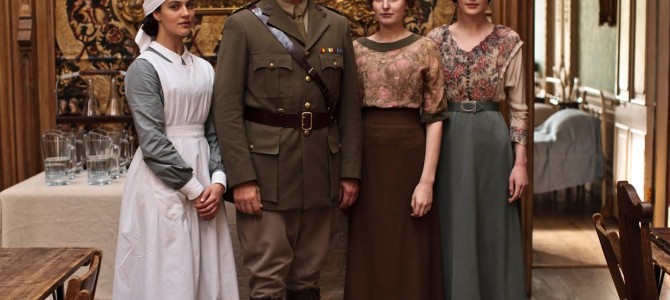
By many accounts we are living in the most polarized period of American history since the Civil War. The followers of Fox News and MSNBC agree on so little that in many cases conversation has become impossible. The very question of what constitutes a fact is debated and an assumption of bad intentions from both sides stifles honest debate. Such debate requires the existence of a shared contextual reality, if we can’t agree what blue is, we can’t agree on the color of the sky. For many Americans this shared context of reality, so lacking in news coverage, comes through television shows. Conservatives and Liberals who would never watch each other’s news channels happily share in the Digital age’s vast universe of entertainment programming. Yet even in this less polarized portion of the televisual menu there are interesting preferences based on politics. These choices can be very revealing, and may hold some hope for the future of political discourse.
Television, with its endless supply of researched demographic information can provide a window into the narrative preferences of political groups. As I looked into it, two shows stood out, with their almost counterintuitive appeal to blues and reds. According to the Washington Post, the top scripted show for Republicans is FXs Sons of Anarchy, a Hamlet based drama about an outlaw biker gang. On the other side of the aisle PBS’ Downton Abbey has maintained a strong appeal among liberal viewers as pointed out by Irin Carmon, in Salon and the rating numbers in traditionally liberal areas such as Seattle, New York and Austin. While conservatives and liberals both watch these shows, it is useful to consider why they hold this increased appeal to each side.
How can it be that that so many conservatives want to spend their free time watching a lawless biker gang flaunt the values of traditional society, while lots of liberals settle in to enjoy a love letter to the Edwardian social system of noblesse oblige? Both shows succeed by making heroes out of characters who their respective viewers would otherwise almost certainly see as villains. But both shows also provide small, closed societies that are laboratories for the most basic foundational concepts of both Left and Right.
Maintaining the order
In Charming, CA the fictional small town setting for Sons of Anarchy, we find a test case for small government. The police are essentially controlled (or at least constrained) by the biker gang, and even local politics revolves around their preferences. In return, for a generation SAMCRO as the gang is known, has kept drugs out of Charming and increasingly fought to keep out big yuppie development projects that would change the face of the town. Although their criminal enterprises are sometimes lucrative, the setting for SoA is decidedly middle class. Though sometimes intellectual, the characters are not well educated, they look, in large part (criminal activity aside) like the model for the modern Republican, a working class white guy who wants the government to stay away from his money and guns and is engaged in a battle with working class brown and black guys for a slice of the economic pie.
Interestingly, the racial divisions which separate the rival Motorcycle Clubs are not imbued with any particular “cultural” significance. The black “Niners” and the Mexican “Mayans” are not given any moral passes or magical insights, they are simply the other gang, no better, no worse. Likewise the Sons do not enjoy any particular white privilege in the world of Motorcycle Clubs. This fits nicely with a recent ABC/Fusion poll that shows that while 62 percent of liberal Democrats believe non whites have less opportunity in society, only 25 of Republicans do. The show confirms the conservative belief that equality is enhanced by allowing groups to secure their own future, rather than letting government interfere on the basis of perceived discrimination. As Jonah Goldberg pointed out in the National Review Online, the basic theme of the show ends up being tribalism. It’s a fair and balanced tribalism, but nonetheless one that is remarkably violent, destructive and ultimately poisonous to the social values held by many in the GOP.
It is hard to imagine a setting more remote from Charming than Downton Abbey. The sprawling fin de siecle Yorkshire estate is the picture of British order. The household, which operates as local government (after all, its Lord Grantham, not Mr. Grantham) is a top down affair, whereas the Sons of Anarchy hold up and down votes in their clubhouse, the moneyed men of Downton Abbey listen politely and sincerely to the advice of others, but eventually make the decision they think is best, often while sipping brandy and looking stern. It is a world that fits well with what Joel Kotkin calls the “gentry progressives” among whom Downton Abbey is so popular. Kotkin writes:
The now triumphant urban gentry have their townhouses and high-rise lofts, but the service workers who do their dirty work have to log their way by bus or car from the vast American banlieues, either in peripheral parts of the city (think of Brooklyn’s impoverished fringes) or the poorer close-in suburbs…The gentry progressives don’t see much hope for the recovery of blue collar manufacturing or construction jobs, and they are adamant in making sure that the potential gusher of energy jobs in the resurgent fossil fuel never materializes, at least in such places as New York and California. The best they can offer the hoi polloi is the prospect of becoming haircutters and dog walkers in cognitively favored places like Silicon Valley. Presumably, given the cost of living there, they will have to get there from the Central Valley or sleep on the streets.
Indeed, this is exactly what begins to threaten the baser characters of Downton Abbey as the modern world closes in on the postcard image of the country estate. Predictably, in season three, as capitalism portends economic doom, and the loss of the estate, the nobles and their servants look for salvation in a huge influx of cash from a recently deceased rich guy. This of course confirms the basic liberal premise that to take care of the poor, the wealthy must be encouraged, if not forced to make large contributions to the common good. In exchange they receive not only political power but a kind of moral absolution, the same kind that the owner of a 3 million dollar Park Slope brownstone gets by voting for De Blasio. If tribalism is the theme of SoA, then order is the theme of Downton Abbey, and maintaining that order, as opposed to adapting to new realities, is the primary concern of its major characters.
Doubting our own assumption
What is telling about the politics of the devotees of these two shows is that in both cases, the societal structures that draw in the viewer, and which they recognize in a strange way as their own, are doomed to failure. SAMCRO is clearly on a path to destruction, and not just because we know its based on Hamlet, likewise, in 2013, we all know what happened to the great Edwardian country estates, they are currently filled with fanny packed tourists taking digital snapshots. And herein lies the lesson. For good storytellers it is not enough to reflect the ideals of their audience, they must challenge them. After an hour of watching either show, its viewers awake from the fantasies of choppers and chandeliers to realize they do not want to get shot at by Mexicans or be dressed in the morning by a live in a maid. These stories help people to understand their lives and world, to challenge their moral and social constructs, not simply to soothe them.
Creating likable characters who we relate to in order to eventual pull out the rug from their (and our) political and social assumptions is not new in television. All in the Family broke some ground in this area for people on both sides of its time’s cultural divide. Archie’s often racist buffoonery only served as an effective moral lesson because he was also a hardworking, devoted family man. Likewise the politically correct, progressive Meathead, for all his ambitions towards equality, education and a professional lifestyle struggled to provide basic needs for his family. Before television we see this technique of moral juxtaposition in Hawthorne’s The Blithedale Romance, a take down of 19th century utopian communes and The Scarlet Letter, his assault on 17th Century Puritan society. We also have Huck Finn, who even though he knows that slavery is a moral institution and that he has a moral obligation to return Jim lest he risk eternal damnation famously says “All right, then, I’ll go to hell” and refuses to do it.
Sons of Anarchy and Downtown Abbey are both uniquely effective in the use of moral juxtaposition because they appear during a generational shift in partisan attitudes. When the Baby Boomers were in college liberals were burning draft cards, marching on Washington and creating communes off the political grid, tribes if you will. Meanwhile conservatives at that time were members of the Rotary club and the chamber of commerce, primarily concerned with economic and social order. Now, as the Boomers’ kids, the mighty Millenials, go through college, liberals view Washington as the answer to almost everything, while a new brand of populist conservatism risks chaos (or according to some Democrats, Anarchy) to achieve local and individual freedom.
This explains why Occupy Wall Street, despite the heartwarming nostalgia it engendered in the old founders of today’s Left failed to amass any real political power. Most liberals don’t want tear everything down anymore. It also explains why the Tea Party became more politically powerful in a shorter period of time than any protest movement in American history, despite the dismay of more traditional Republicans.
Sons of Anarchy and Downton Abbey both provide their respective partisan devotees with the opportunity to doubt some of their deepest held beliefs. What liberal can watch Downton’s social caste system without questioning the morality of top down governance that allows wealthy, elite experts to make decisions for everybody? What conservative can watch the brutal crimes of the Sons of Anarchy without questioning whether the invisible hand really does enough to arrest the baser impulses of self interest? Like all great storytellers, the creators of these shows challenge our most basic beliefs and leave us to sort out the aftermath.
Cable news and most of the partisan press have no reason to make us doubt what we already believe, their angle is to cash in on our certainty, to reenforce what we already know. But for all the money they make, for all the power they purport to posses, they actually change very little. Maddow and Limbaugh are not agents of change, because change rarely comes from one side imposing its will on the other. Change comes when people have the courage to doubt their own truth, to see the flaws and inconsistencies of their own positions. Gifted storytellers make us experience this kind of doubt, often without our even realizing it. If we really are locked in the most purely partisan period of our nation’s history, it will not be the most strident or most unyielding who point the way forward. It will be the ones who can acknowledge and correct the paradoxes in their own ideologies. So next time you sit down to watch Sons of Anarchy or Downton Abbey, think about the world you are entering and what it says about the world you really live in, you may be surprised by your answers.


